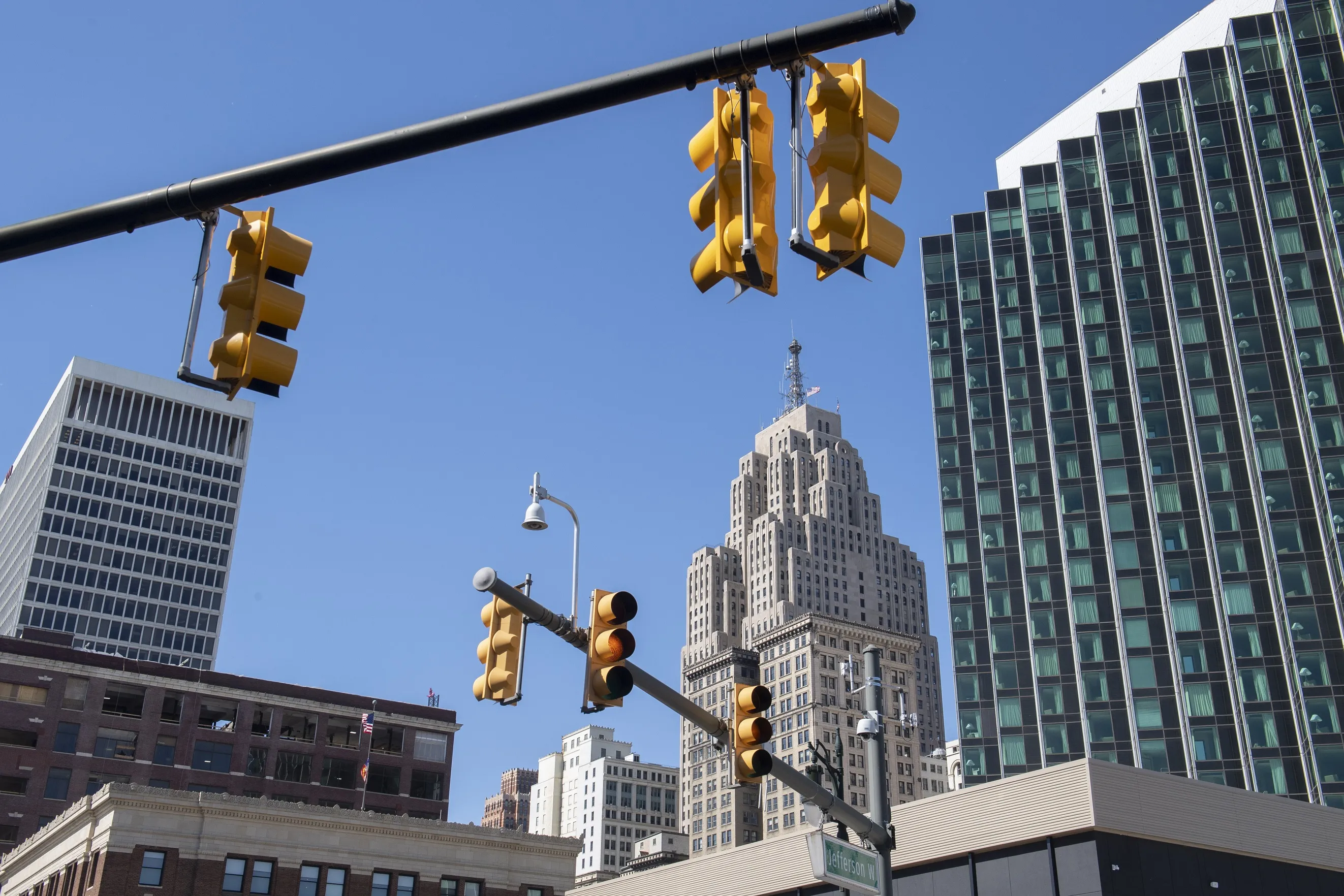Drivers in the UK are very familiar with the concept of traffic roundabouts at intersections, which are designed to keep traffic moving more efficiently than a traditional signal-controlled intersection. However, according to a report on the US Government Executive website, drivers in some parts of the US don’t understand them.
In Oakland County, just outside Detroit, some roundabouts have seen big spikes in crashes and property damage since they were built, but the severity of those accidents has been
October 1, 2014
Read time: 2 mins
Drivers in the UK are very familiar with the concept of traffic roundabouts at intersections, which are designed to keep traffic moving more efficiently than a traditional signal-controlled intersection. However, according to a report on the US Government Executive website, drivers in some parts of the US don’t understand them.
In Oakland County, just outside Detroit, some roundabouts have seen big spikes in crashes and property damage since they were built, but the severity of those accidents has been limited due to a roundabout’s slow-speed design.
“We still struggle to educate motorists with how to properly use a roundabout,” Craig Bryson, spokesman for the road commission for Oakland County, said. “We had hoped the learning curve would be quicker, I guess. But it is a learning curve. It takes some time.”
States have now resorted to producing educational videos to help drivers navigate reconfigures road junctions. A video produced for Oakland County is now being used in Sarasota County, Florida and the375 Texas Department of Transportation and El Paso County, Colorado, released new roundabout educational videos.
In the event that videos don’t work, states can always use the approach adopted by the2103 Minnesota Department of Transportation, which hosted a roundabout educational outreach effort at a shopping mall, using a large rubber mat with lane markings and signs leading up to and inside a roundabout. This allowed people to walk through the movements they would make if they were driving a car. A table model with Matchbox cars to push around was also on hand.
Roundabout confusion isn’t just a problem for some US motorists. Japan has experienced similar problems with the implementation of roundabouts as part of a pilot project. At least no one has to navigate the ‘Magic Roundabout’ in Swindon, UK, which combines two roundabouts in one - the first the conventional, clockwise variety and the second, which revolves inside the first, sending traffic anti-clockwise.
In Oakland County, just outside Detroit, some roundabouts have seen big spikes in crashes and property damage since they were built, but the severity of those accidents has been limited due to a roundabout’s slow-speed design.
“We still struggle to educate motorists with how to properly use a roundabout,” Craig Bryson, spokesman for the road commission for Oakland County, said. “We had hoped the learning curve would be quicker, I guess. But it is a learning curve. It takes some time.”
States have now resorted to producing educational videos to help drivers navigate reconfigures road junctions. A video produced for Oakland County is now being used in Sarasota County, Florida and the
In the event that videos don’t work, states can always use the approach adopted by the
Roundabout confusion isn’t just a problem for some US motorists. Japan has experienced similar problems with the implementation of roundabouts as part of a pilot project. At least no one has to navigate the ‘Magic Roundabout’ in Swindon, UK, which combines two roundabouts in one - the first the conventional, clockwise variety and the second, which revolves inside the first, sending traffic anti-clockwise.










